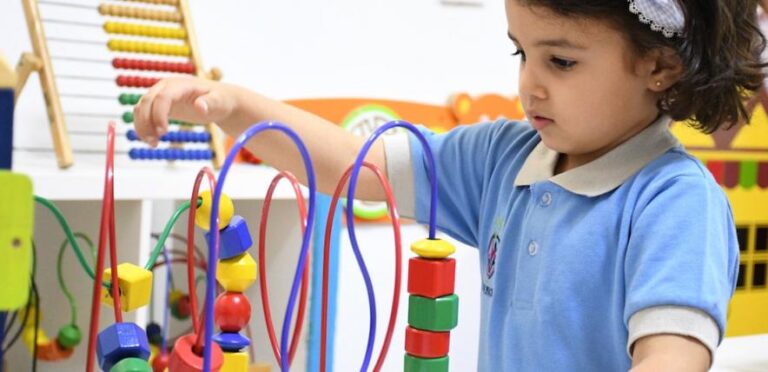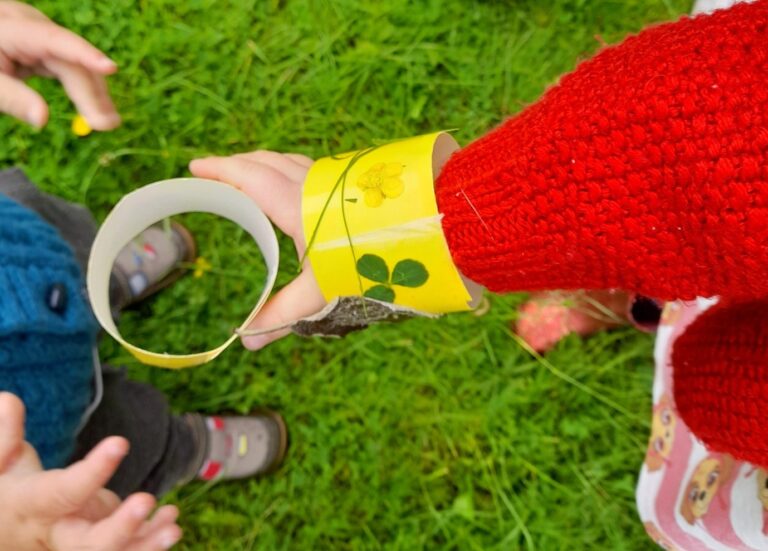My son is already potty trained – why has he recently started wetting the bed?
Bed-wetting in children is very common and completely normal, though it’s understandable that parents become anxious and upset when it happens to their child. You got through the challenges of potty and toilet training, so it’s reasonable to wonder why this is happening now.
No-one knows for sure why children wet the bed, but there are a number of factors that might cause this. Firstly, it may simply be part of their developmental stage. Young children’s bodies are still developing and this includes bladders, brains and nervous systems. So, in some ways, getting your child to remain dry at night may not yet be possible at this stage in their life. However, as children get older bed-wetting can become problematic especially if it affects a child confidence and ability to socialise, such as stopping them for going on sleepovers with family and friends.
So what causes this and what can we, as parents, do to help?
A change of routine may trigger bed-wetting when the child gets over tired, feels stressed or excited or perhaps has had a minor illness. The anxiety of going to school for the first time, or the arrival of new sibling, are examples of occasions that might bring on bed-wetting. A drop in the night temperature can also cause some children to have temporary bed wetting incidents. Sometimes bed-wetting is genetic. If you, as parents, experienced this then so might your child. There may be a medical condition that is causing it, such as urinary tract infections or diabetes. Constipation is also thought by doctors to be a contributing factor. If you think any of these might be a cause, speak to your GP. In some cases, they may prescribe medication.
Experts say that while one in 12 children bed-wets at the age of 4 – defined as at least twice a week – most will have outgrown it by the time they are 7.
Are there any other steps I can take to help?
There are a number of measures parents can try before seeking professional help. Too much to drink too late in the day, and in a child who is a deep sleeper, can easily result in bed-wetting as they may sleep through the feeling that they need to go to the toilet. You could limit the amount of fluids your child drinks before bedtime and make sure they go to the toilet immediately before going to bed, as part of their night-time routine. It’s possible there is a reason why your child isn’t getting up in the night – is the bathroom too far away or the landing too dark? Ask them if this is the case. Using training pants temporarily may help to take the pressure off them, and you can attempt the dry nights again later.
It’s important not to criticise or punish your child for bed-wetting – it is something they can’t help. Try to reassure them that this is a temporary issue; that many children do the same thing and it’s not their fault that this is happening.
Further Information
http://www.eric.org.uk/ (Education and Resources for Improving Childhood Continence)
http://www.babycenter.com/0_bed-wetting-in-kids-why-it-happens-and-what-to-do_10408730.bc
Written by Dorothy Lepkowska for the Early Years Alliance.












